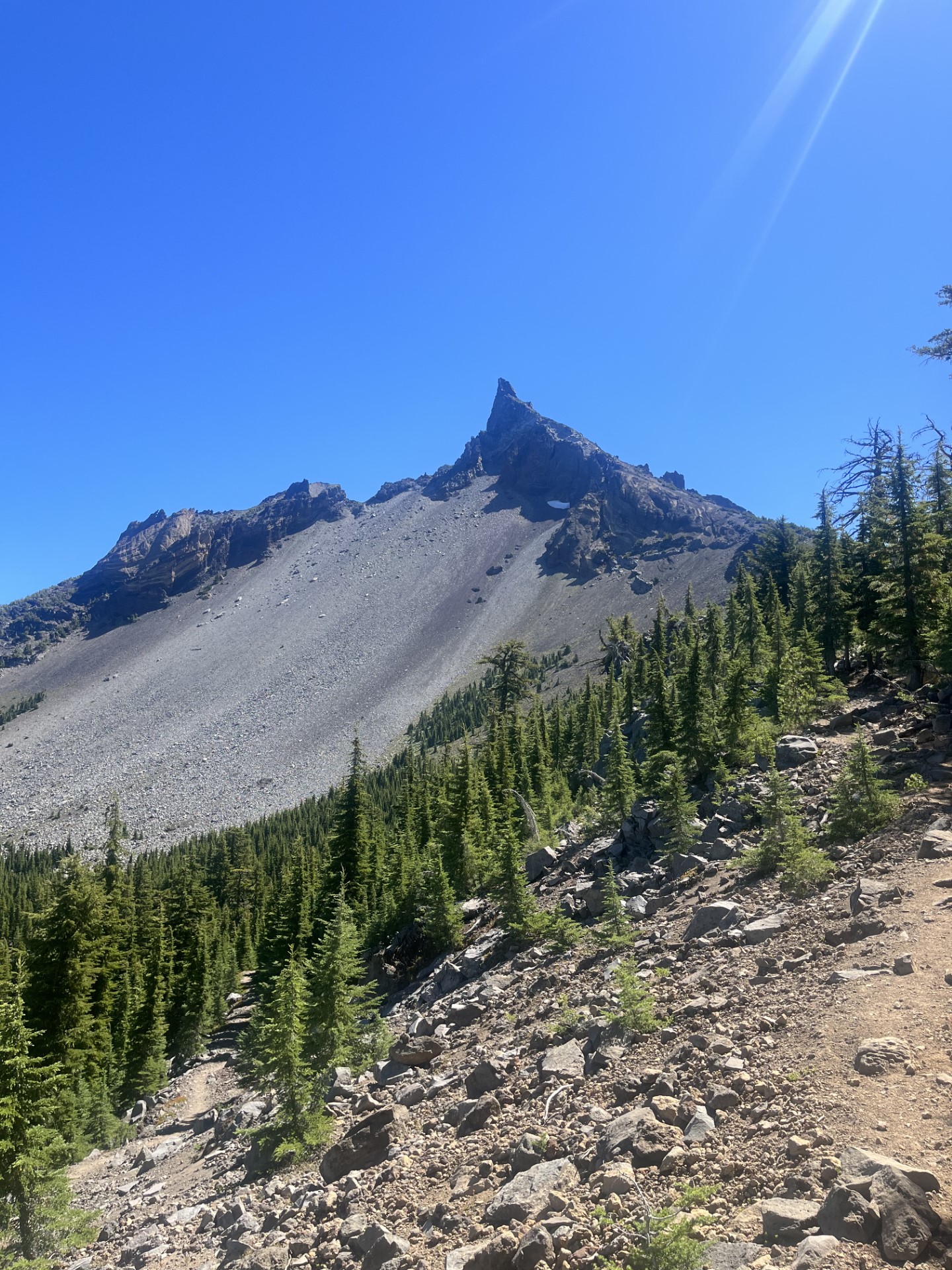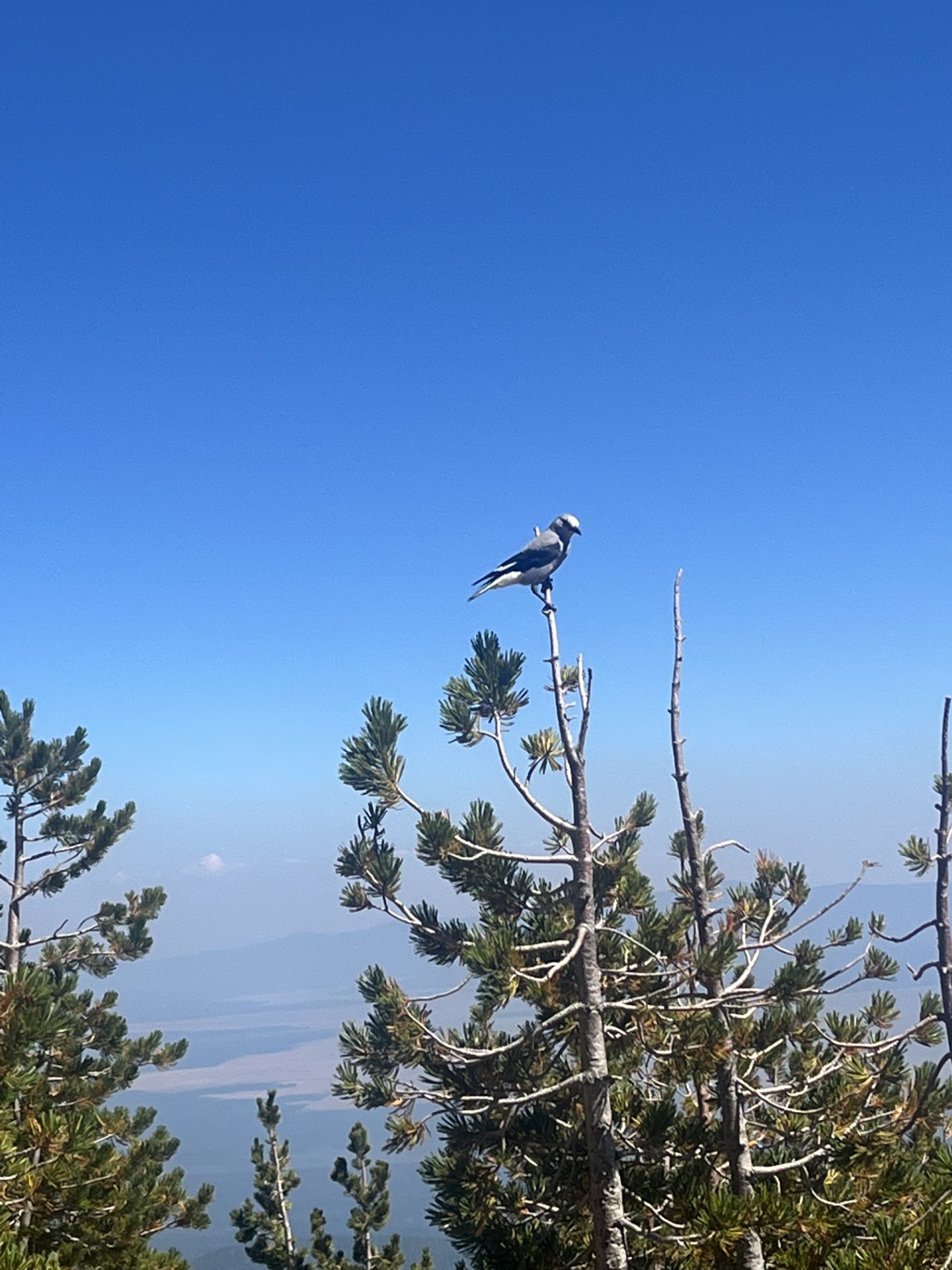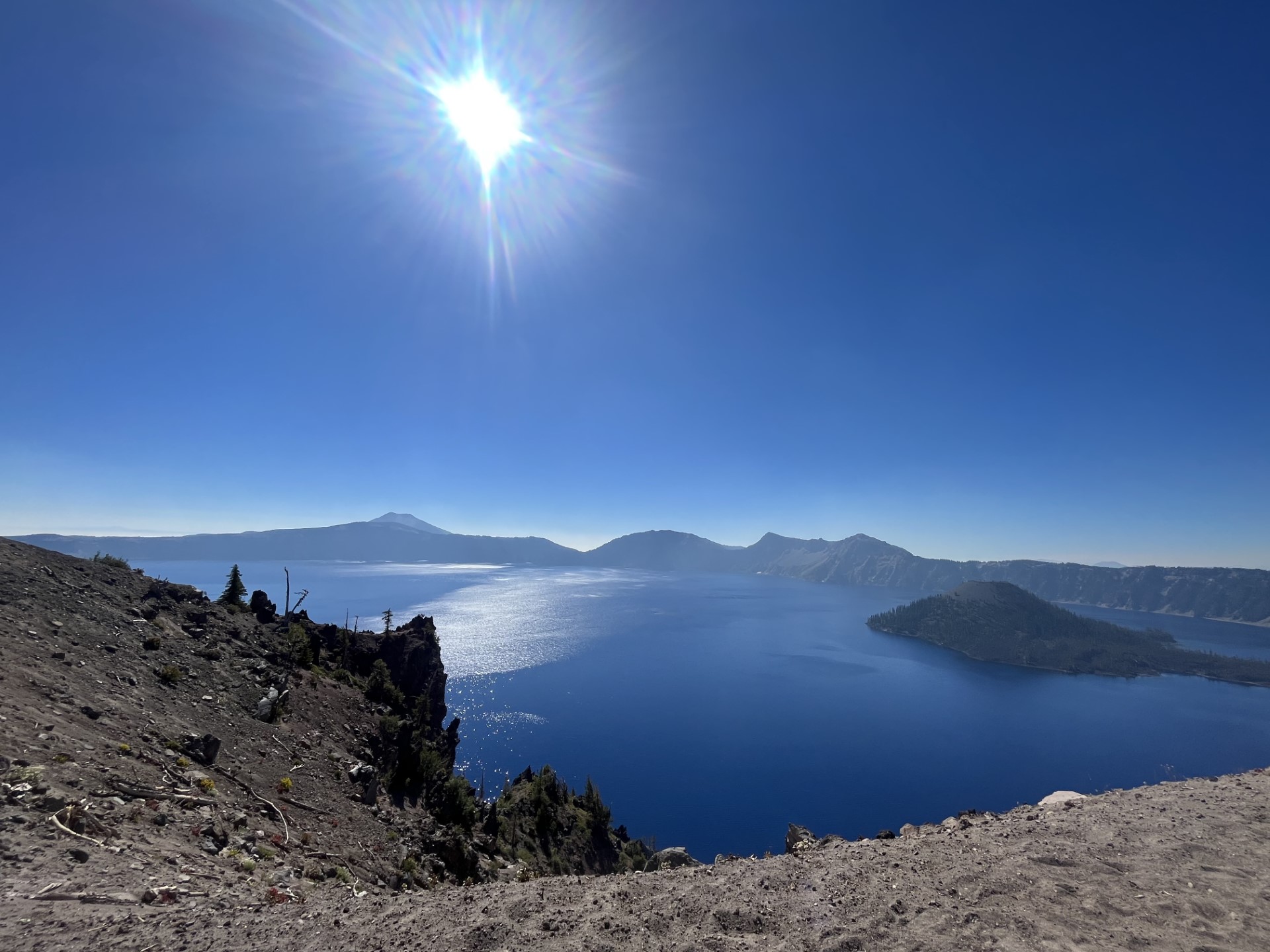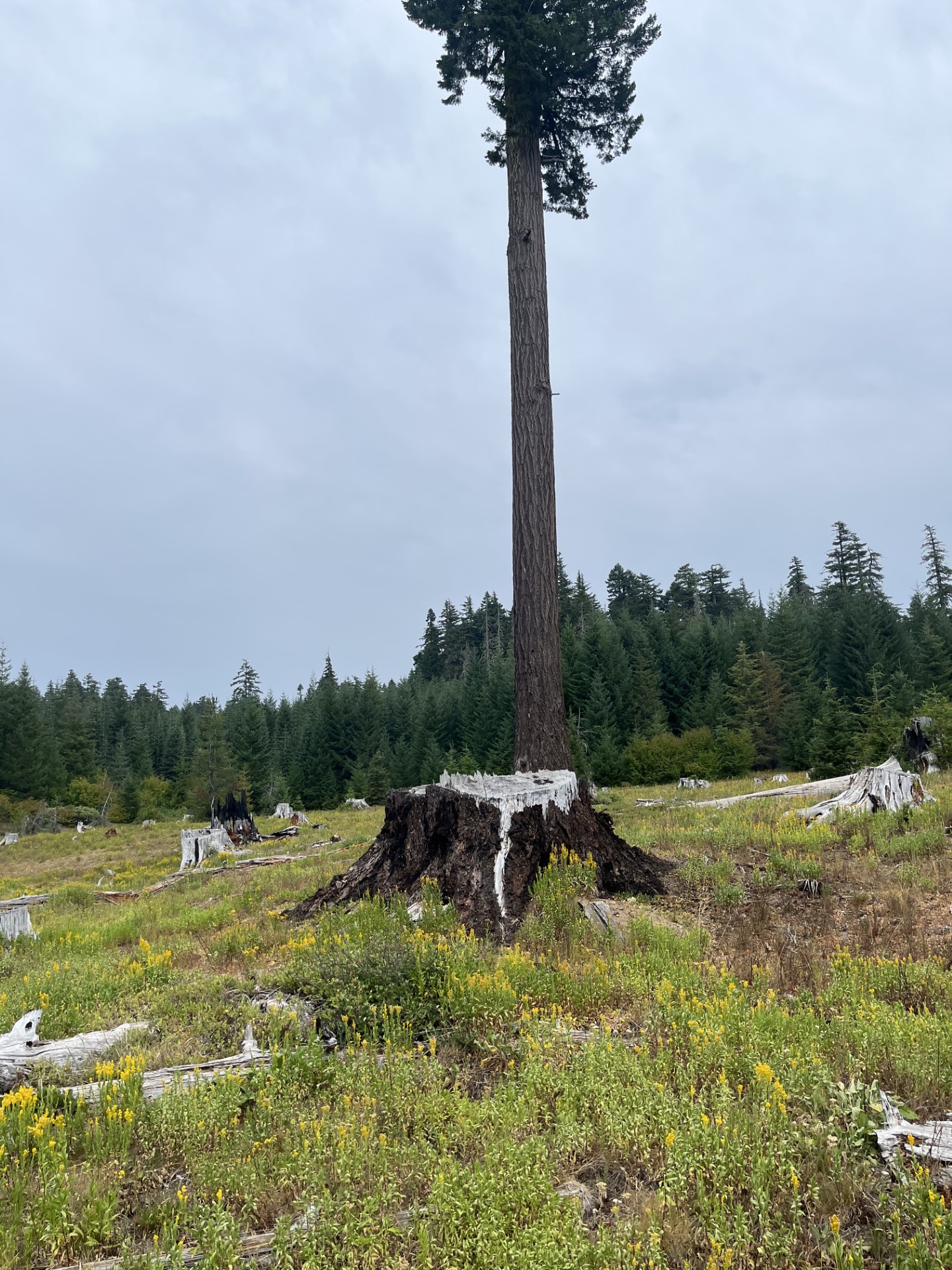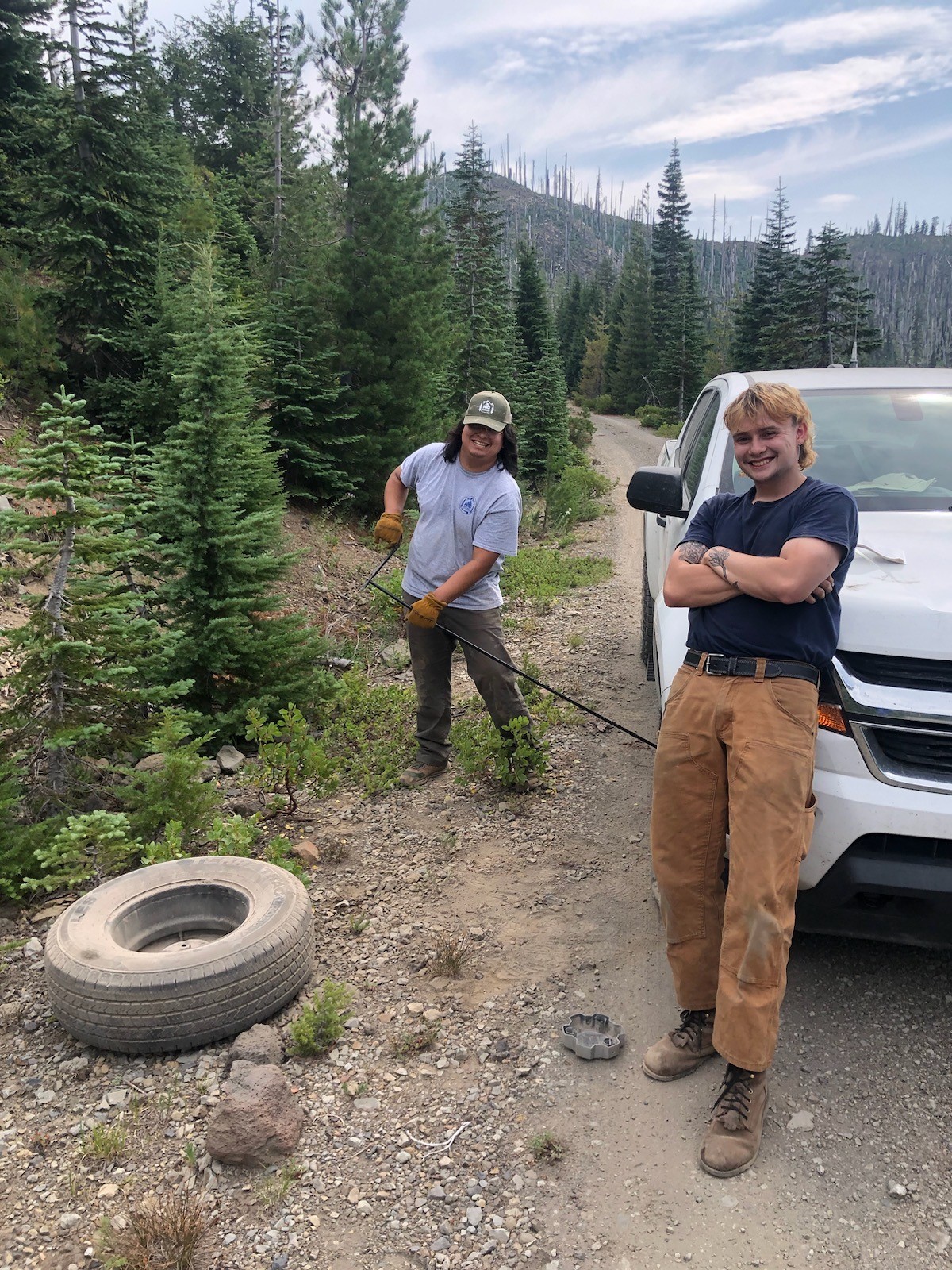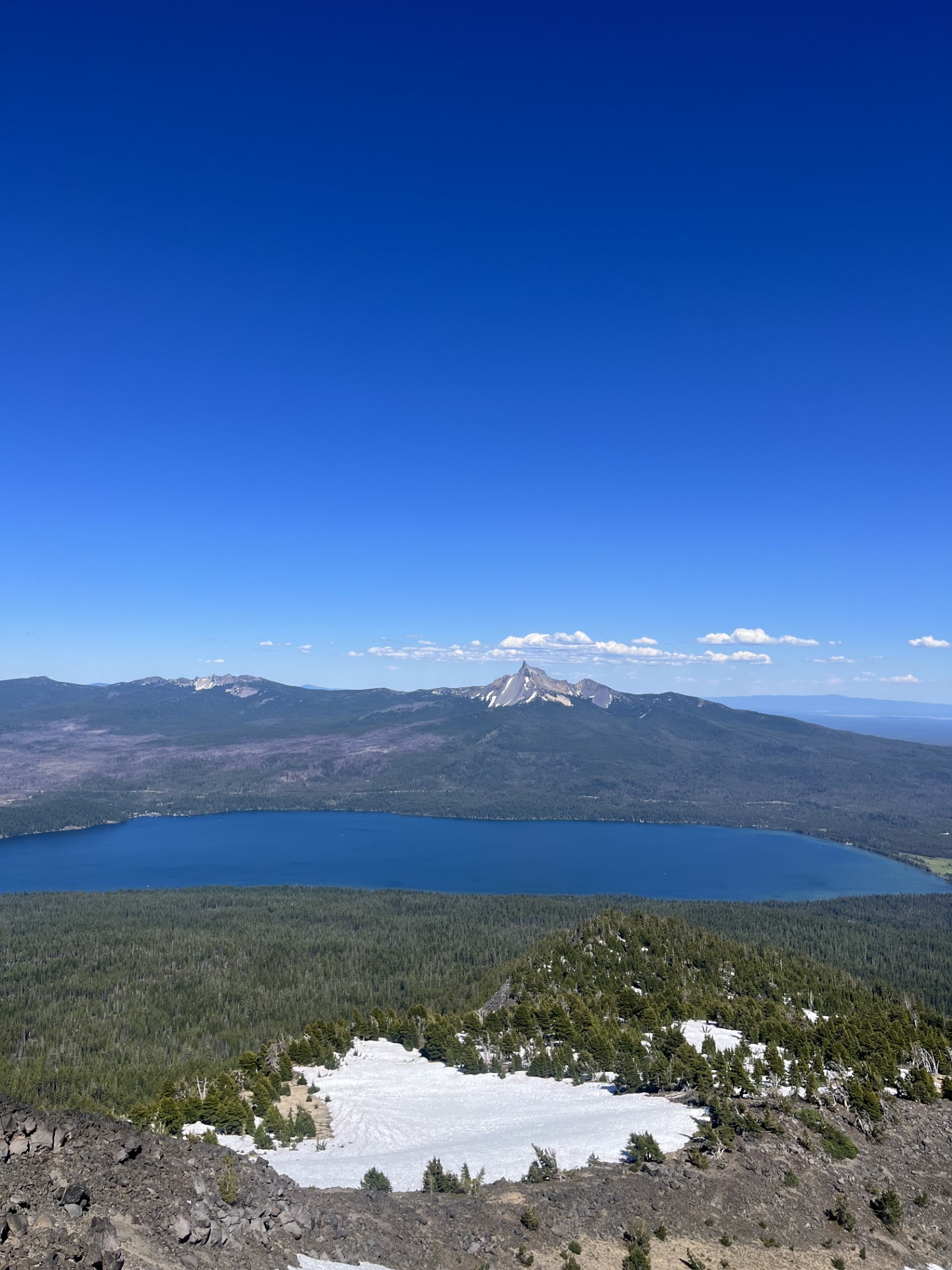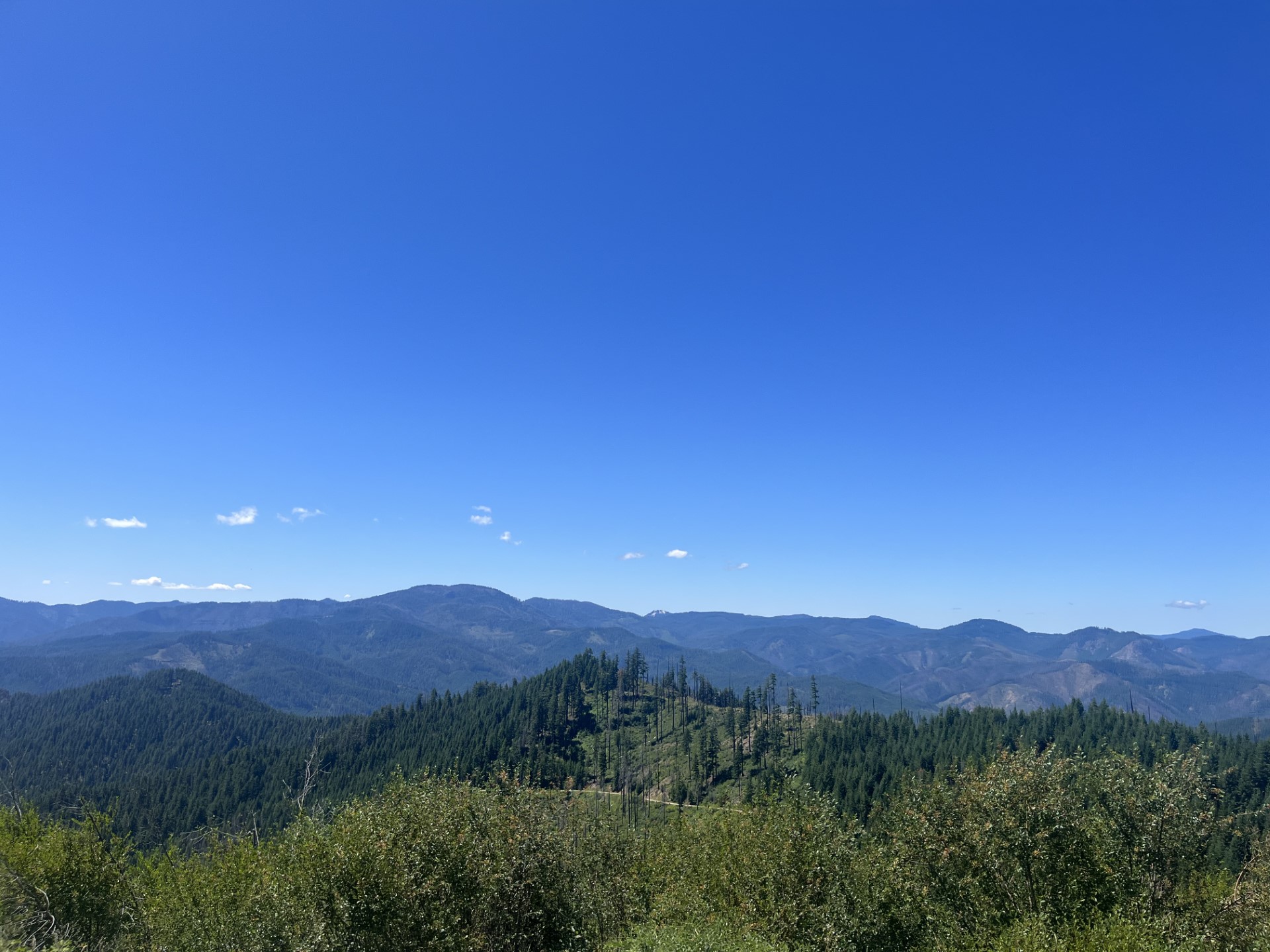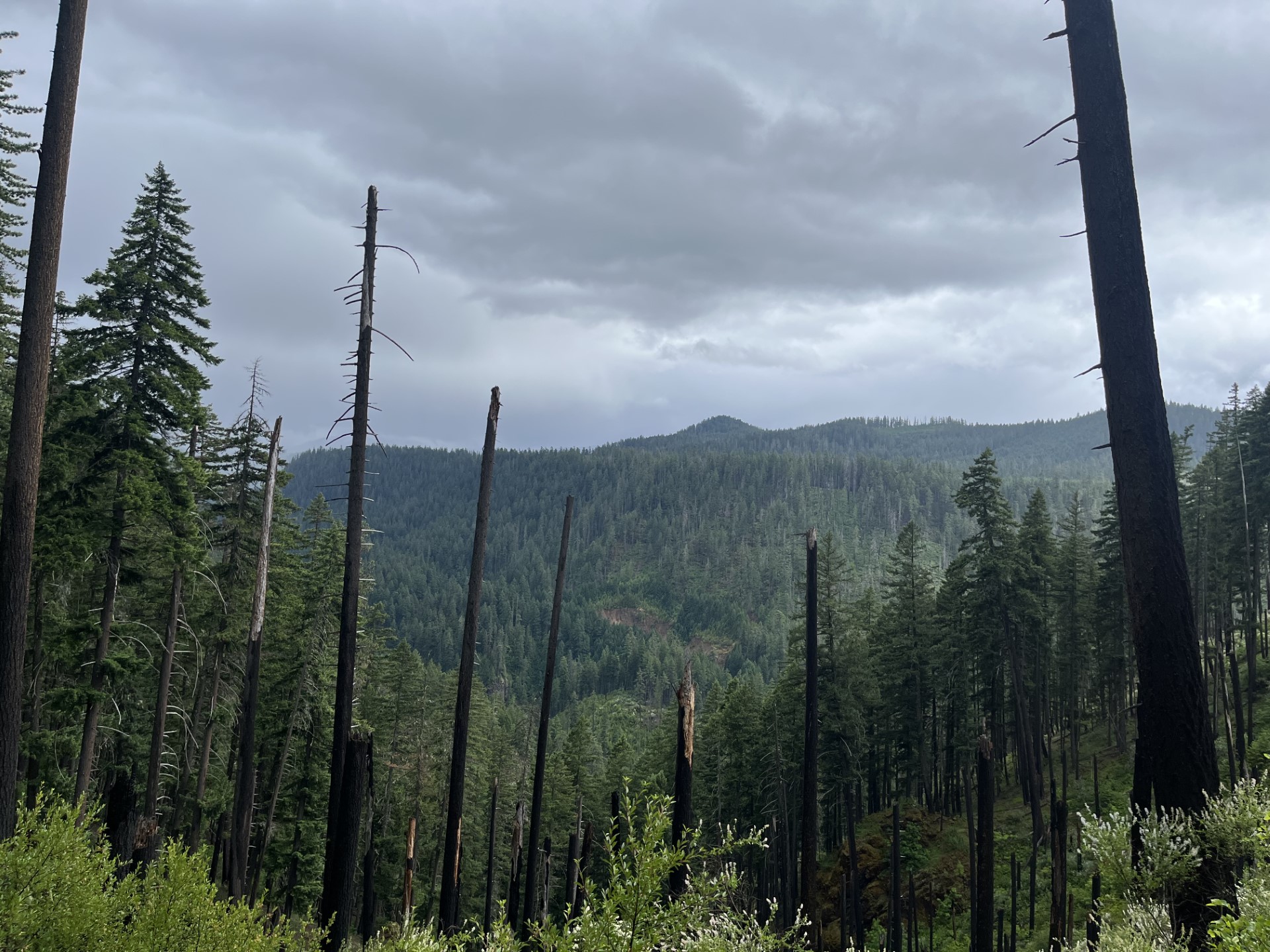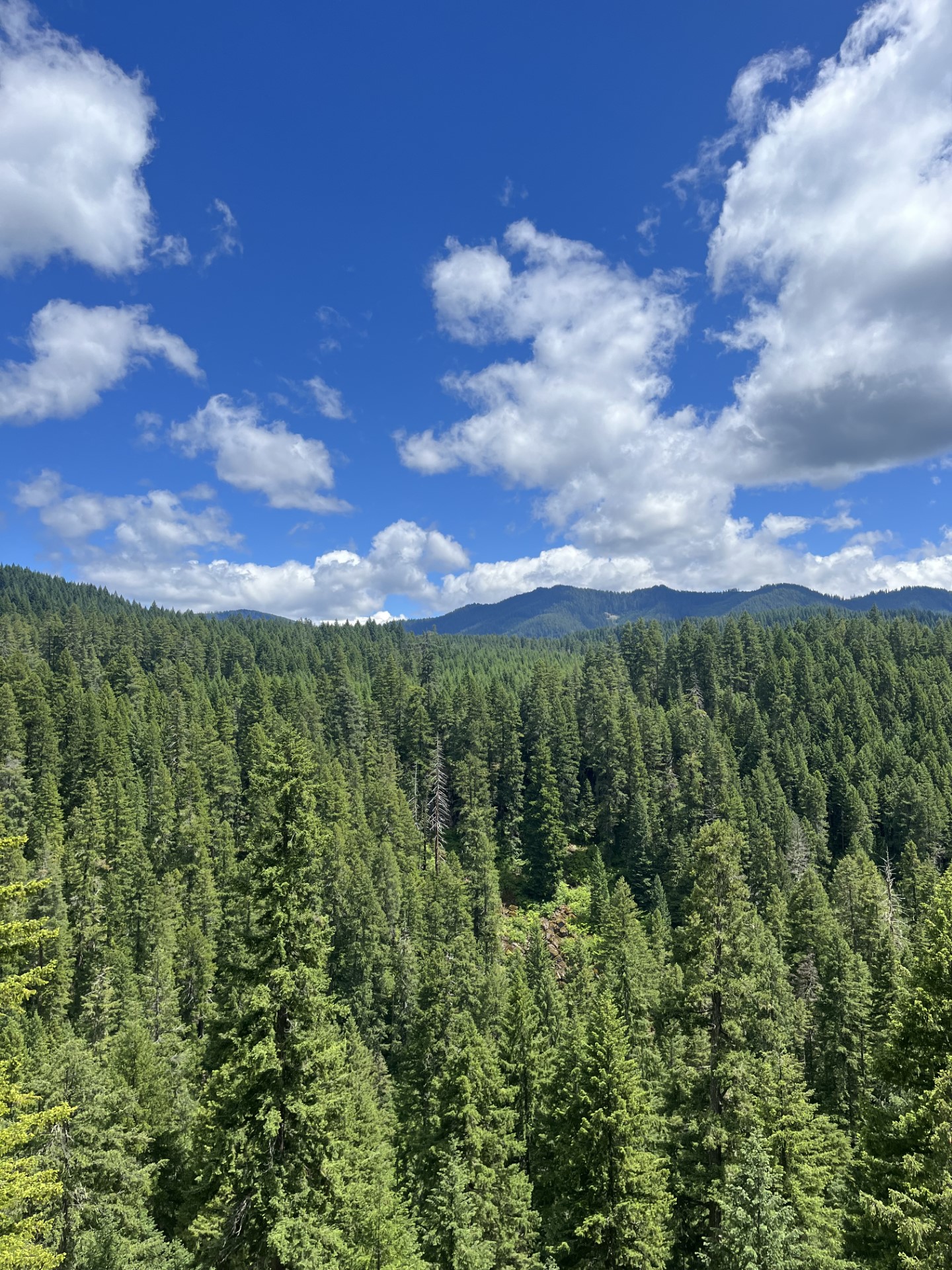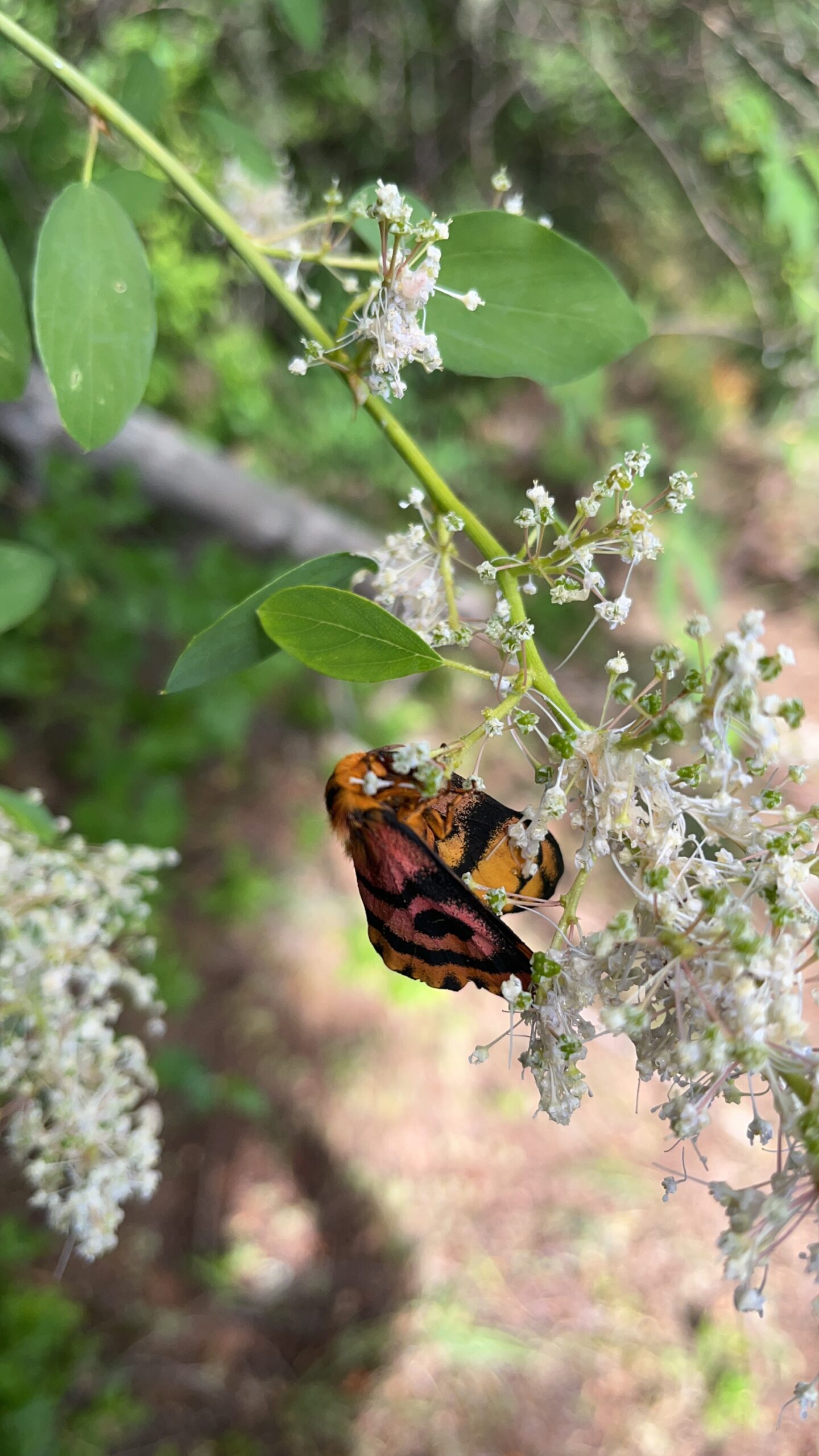The last month, a story of incredible learning and experiences
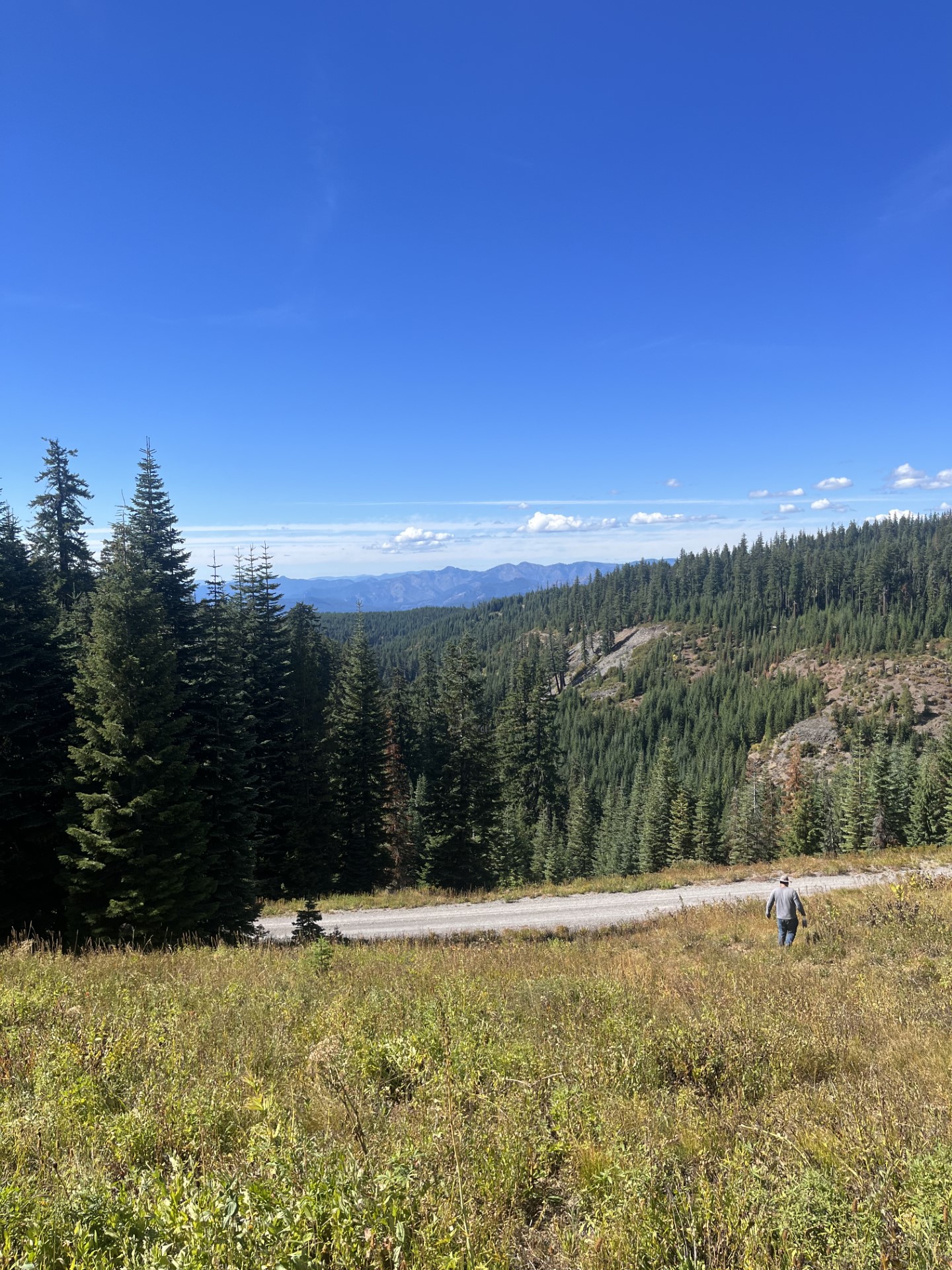
To start this one off I just must make clear that the AQI’s of over 400 in the Umpqua area have finally come to a halt, we can finally breathe again! In place of the smokey visor is the looming dark clouds of fall. Which brings me to one of my favorite parts of this experience, extracted from any work duties, which are the low-alpine meadow openings that showcase some of the most mystifyingly incredible views of low-lying clouds (I suck at cloud identification) enveloping the upper echelons of the best peaks, scenery that any fantasy drama show director would be jealous of.
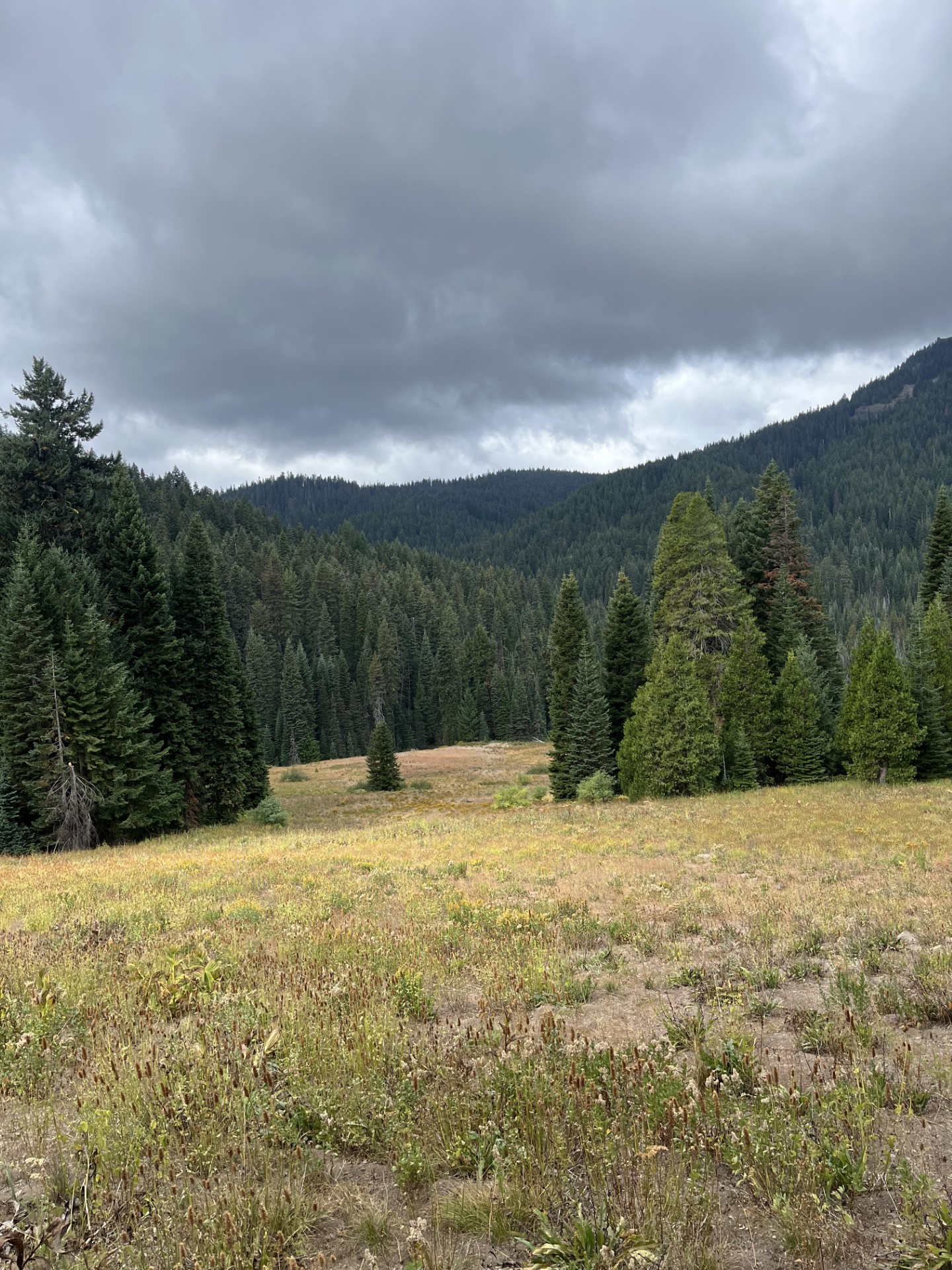
This last month consisted of some of the most intense berry collection known to man. Feeling like bears in spirit, the botany crew set out to complete their berry collections. The final destination: Snowbird Road. The weary travelers made their way through the rocky ridge known as snowbird taking no prisoners. Assaulting each population of bitter cherry, mountain ash, and blue elderberry alike, the hardy crew finished their quest at the end of four days. The rewards were splendid. Alone, they managed to collect over 100 pounds of berries in just that location. However, added together with the spoils of previous ventures their total reached 286 pounds. The brute of the part even had a difficult time lifting that sort of weight. Their journeys are to continue with a different target in mind in the upcoming month. Seeds. Stay tuned…
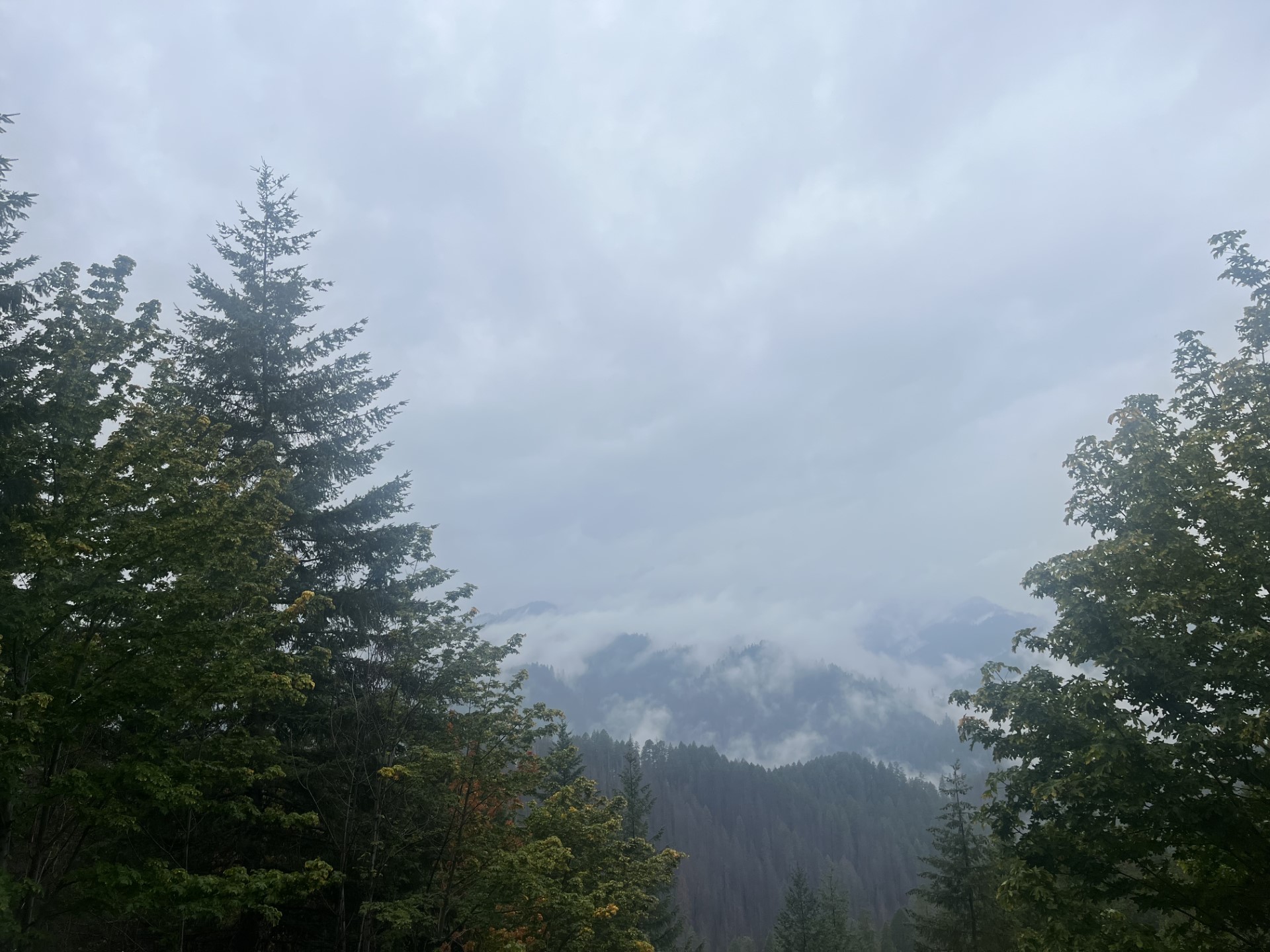
The days start to get shorter, the nights longer. As each day passes in which the sun of whom illuminates the sky begins going to bed earlier, we get closer and closer to the end of term here at Umpqua. It starts to feel cooler and the smell of autumn wafts ubiquitously through the air. It’s a great feeling. It feels bittersweet in some sense but also incredibly empowering and endearing. Bittersweet because it’s the end of a truly incredible experience but at the same time empowering because of the opportunities each intern has ahead of them. Some have already accepted permanent positions (shoutout Casey!) and some are browsing the job market as we speak (shoutout me!). Either way we have all paved our way towards a successful career whether through this position or prior. We’ve all improved our skills in the field of botany and have cemented confidence in our abilities going forward. While ending so soon, there are so many opportunities still out there to continue our journey. I just hope everyone enjoyed their truly one-of-a-kind experience like I did.
To my favorite collection species: Columbine (Aquilegia formosa). Your dried-up floret resemblant of a trumpet nose was the most enjoyable feeling. It felt as though each collection was a treat, spinning the bracts as the numerous seed went flooding into the bag. In conclusion, aquilegia you make me happy!
To my least favorite invasive species: Himalayan blackberry (Rubus armeniacus). You were a huge pain in the ass (apologies for the French). Your extended root ball made it almost impossible to remove all parts of you. Your fruit was tasty but not worth the struggle of pain-staking geopick maneuvers.
We did it!

